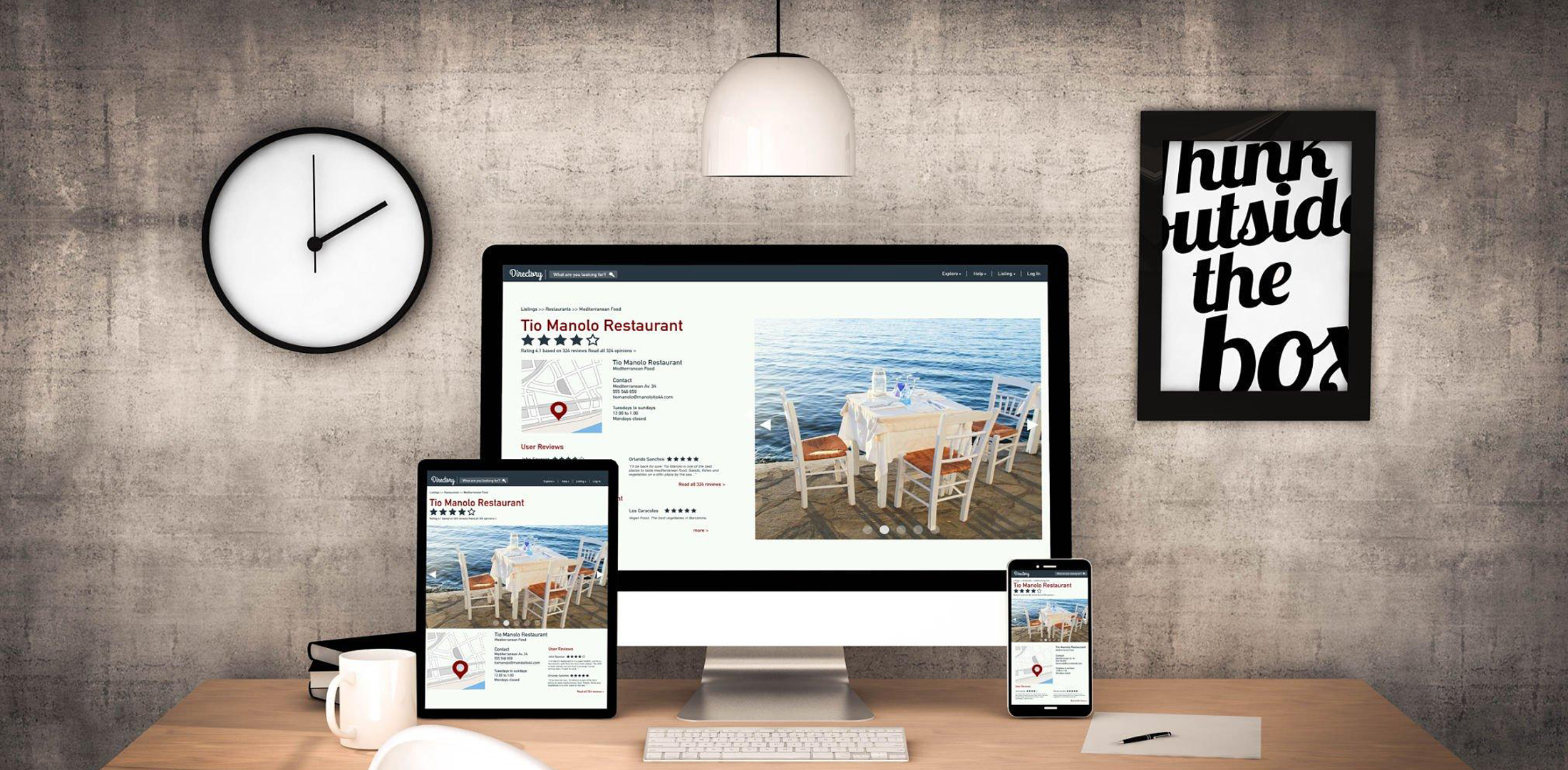The Top 7 Advantages of a Well-Designed Business Website
In today’s digital age, a well-designed business website is no longer a luxury—it’s a necessity. Whether you're a startup or an established company, having a professional and functional website can be the key to growing your business. Below, we delve deeper into the top seven advantages of a well-designed business website, exploring how it can transform your business in the digital landscape.
1. Enhanced Credibility
A well-crafted website instills trust in your audience. It serves as your digital storefront, providing potential customers with a first impression of your brand. Studies show that consumers often judge a business’s credibility based on its website design. A sleek, professional layout with easy navigation, clear information, and relevant content assures visitors that your business is legitimate and reliable.
Additionally, having customer testimonials, reviews, and case studies on your site can further enhance credibility. These elements demonstrate your expertise and provide social proof, making potential customers more likely to engage with your brand.
2. 24/7 Accessibility
Unlike physical stores with fixed hours, a website is accessible around the clock. This ensures that customers can learn about your products or services and even make purchases anytime, from anywhere in the world. The convenience of having a platform that’s always available is especially beneficial for businesses targeting international markets or customers in different time zones. A 24/7 online presence not only improves customer satisfaction but also enables businesses to generate leads and sales even during off-hours. Integrating e-commerce functionalities or booking systems further enhances the customer experience by allowing them to act instantly.
3. Improved Customer Engagement
A website allows businesses to engage with their audience through interactive features. Live chat support, contact forms, and feedback surveys encourage direct communication, enabling businesses to respond to customer inquiries promptly. Moreover, FAQs can address common concerns, saving time for both your team and your customers. Content marketing through blogs and newsletters is another powerful way to keep your audience engaged. Providing valuable, relevant information not only helps establish your authority in your industry but also fosters long-term relationships with your customers. Social media integration allows users to share your content, further amplifying your brand’s reach.
4. Cost-Effective Marketing
Compared to traditional marketing methods, a website is a cost-effective way to promote your business. Traditional advertising mediums like print, radio, or TV can be expensive and may not guarantee measurable results. In contrast, a website equipped with digital marketing strategies such as SEO (Search Engine Optimization), PPC (Pay-Per-Click) ads, and social media campaigns can attract a targeted audience at a fraction of the cost. Email marketing and remarketing strategies can also be integrated into your website, helping you maintain contact with existing customers and convert potential leads. With tools like Google Analytics, you can track your marketing ROI and make informed decisions to optimize your campaigns.
5. Increased Reach and Visibility
A well-designed website enables your business to reach a global audience. By implementing SEO techniques, your website can rank higher on search engine results pages (SERPs), making it easier for potential customers to find you. Local SEO strategies, such as adding location-specific keywords and registering your business on Google My Business, can help attract nearby customers. Having a mobile-responsive design ensures that your website is accessible on all devices, from smartphones to tablets. With more than half of internet traffic coming from mobile users, a responsive design is crucial for maximizing visibility and engagement.
6. Showcase Your Products and Services
Your website acts as a comprehensive portfolio where you can showcase your offerings in detail. High-quality images, videos, and well-written descriptions allow customers to understand your products or services better. For e-commerce businesses, features like zoom able product images, 360-degree views, and customer reviews can significantly enhance the shopping experience. A dedicated “Services” or “Portfolio” page can highlight your expertise and previous work. Additionally, promotional offers, discounts, and seasonal campaigns can be prominently displayed to drive conversions and boost sales.
7. Valuable Data Insights
One of the most significant advantages of having a business website is access to valuable data insights. Tools like Google Analytics provide detailed reports on user behavior, traffic sources, and conversion rates. These insights help you understand what’s working and where improvements are needed. By analyzing data, businesses can identify their target audience’s preferences, optimize content, and tailor marketing strategies accordingly. Heatmaps and user journey tracking tools offer a deeper understanding of how visitors interact with your site, enabling you to enhance user experience and maximize engagement.
Conclusion
A well-designed website is more than just a digital presence—it’s a powerful business asset. By enhancing credibility, increasing accessibility, and offering a platform for engagement, a website can drive business growth in multiple ways. It’s a cost-effective marketing tool that expands your reach, showcases your expertise, and provides actionable insights to refine your strategies. Whether you're a small business owner or managing a large enterprise, investing in a professional website is essential to staying competitive in today’s market. Start building or revamping your website today to unlock its full potential and ensure long-term success for your business.

